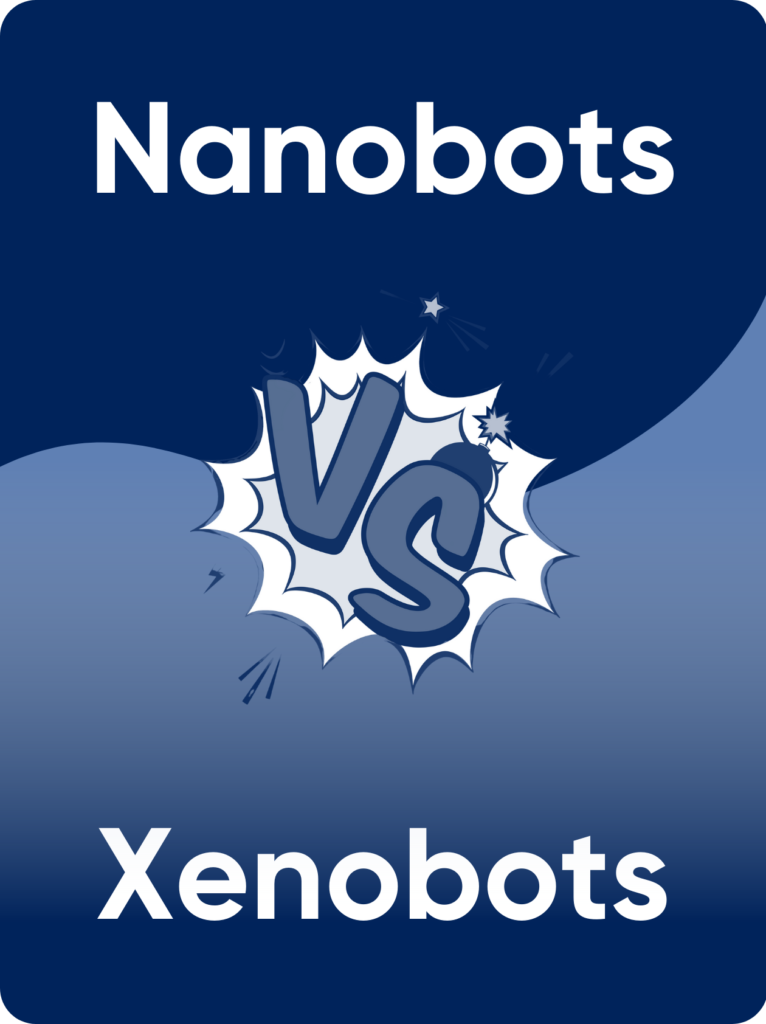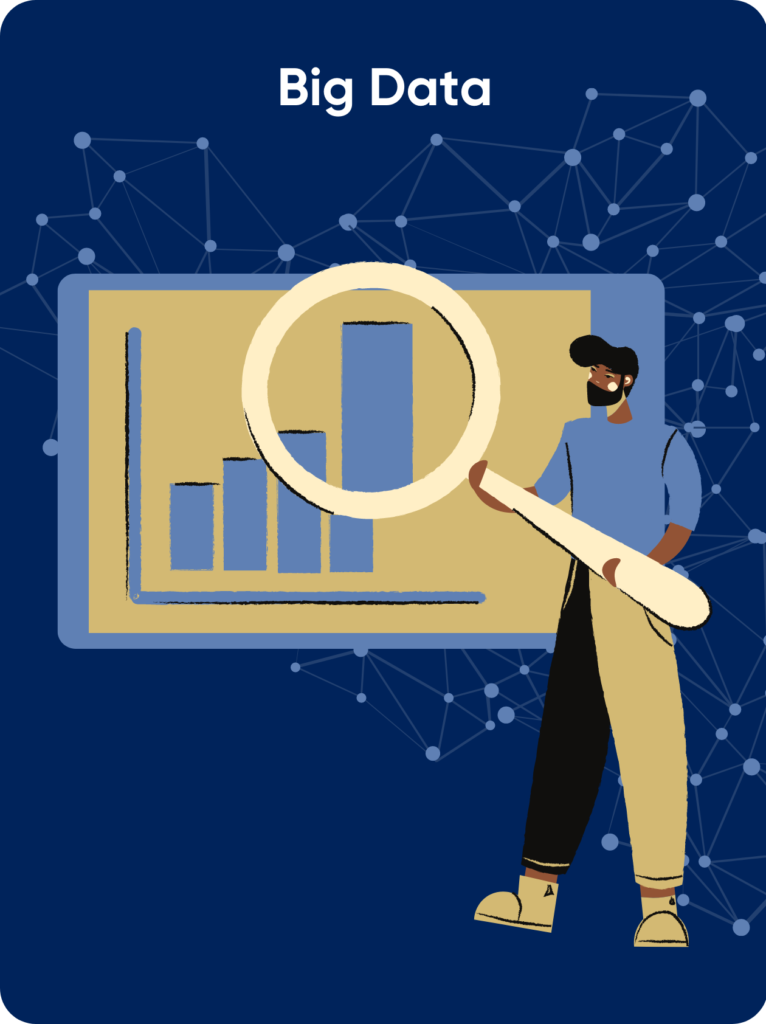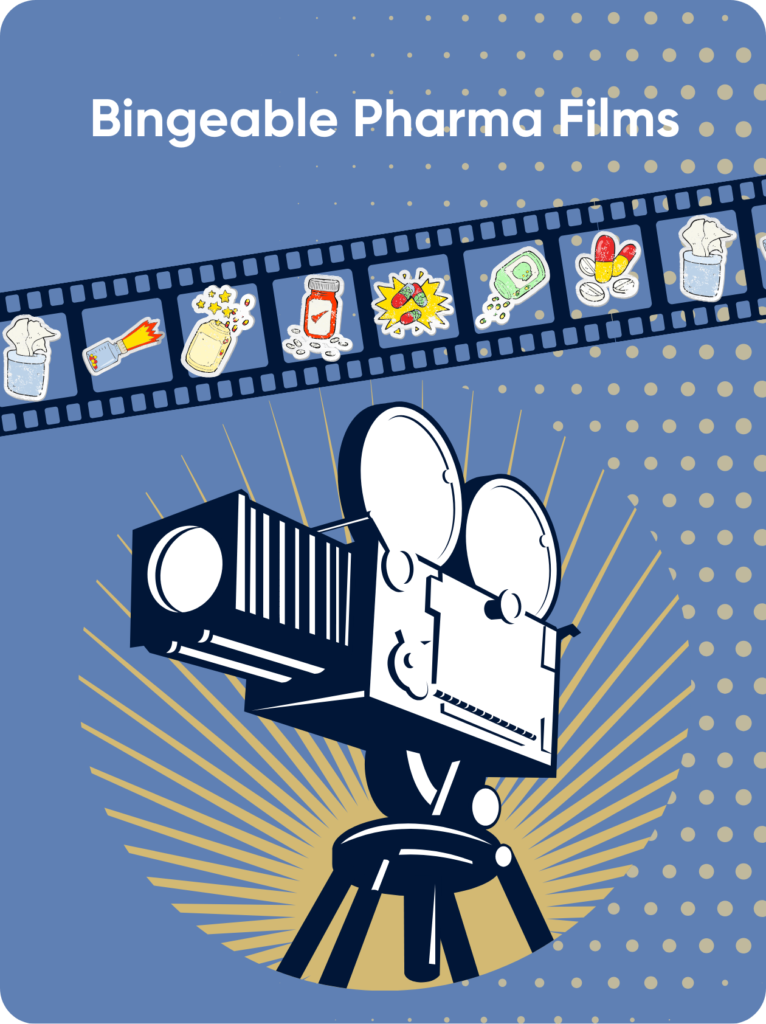
17/08/2023
Pharmaceuticals
Blockchain technology has a lot of potential in the pharma industry. It can improve patient safety, data integrity, and supply chain efficiency. A fresh way to improve drug development, distribution, and monitoring may save lives.
People use blockchain synonymously with Bitcoin, but it also has applications in pharma! It has emerged as a powerful force that extends far beyond digital currencies. Blockchain is a digital ledger that records transactions on many computers. Unlike traditional platforms, there is no central authority. Blockchain advocates transparency, immutability, and security. Blockchain is great for healthcare and pharma.
Blockchain is becoming popular in the pharma industry. It could change how drugs are developed, distributed, and monitored. Here are a few of the ways blockchain is being used to improve patient safety and outcomes:
- Blockchain can keep a secure record of a drug’s entire journey, from making it to giving it to patients.
- It can securely store and share clinical trial data.
- Patients can choose who can access their data.
- The chain can track drug safety data in real time, strengthening pharmacovigilance and safety.
Keep reading to discover how these points make Blockchain a game-changer for the pharma industry.
The Pharma Industry’s Pain Points
There are complex challenges that can greatly affect patient health. The industry has many vulnerabilities. Fake drugs, bad supply chains, and data breaches all increase risks for the general public.
Counterfeit Drugs:
The proliferation of counterfeit drugs poses a significant threat to patients globally. Fake medicines sometimes don’t have the right ingredients or can be dangerous. Patients who don’t know they’re taking fake medicines may get hurt, recover slower, or die.
Supply Chain Inefficiencies:
The pharmaceutical supply chain is complicated and involves many different groups of people. These groups include manufacturers, distributors, pharmacies, and healthcare providers. Problems in this process can lead to less medicine, treatment delays, and higher costs.
Data Security Concerns:
Healthcare tech has changed many people’s lives. However, it has also raised worries about patients’ private medical data safety.
Hackers can violate patient privacy and misuse personal information by attacking medical records.
These challenges are not just theoretical; they have real-world implications for patients’ lives. Every year, hundreds of thousands of people in poorer countries die because of fake drugs.
How can Blockchain Secure the Supply Chain?
Blockchain technology is revolutionizing the battle against counterfeit drugs and guaranteeing drug legitimacy. Blockchain creates a digital record of each step in a drug’s journey. This helps with transparency and accountability in the pharmaceutical supply chain.
Blockchain is decentralized, so everyone in the chain can access the same information. This makes it nearly impossible for counterfeit drugs to enter the system unnoticed. Whenever a drug is transferred, its transaction is logged on the blockchain. This allows anyone to track where it came from, how it was made, and how it was distributed. This clarity helps certify real medicines and take action if there are problems.
Several initiatives have already showcased the potential of blockchain in drug authentication. Companies are using blockchain to make digital certificates of authenticity for drugs. This makes sure the drugs are genuine and not altered during transport or storage. The increased trust can greatly affect patient safety and public health in general.
Enhancing Pharma Trials and Research with Blockchain
Clinical trials are crucial for creating new drugs and treatments. However, data transparency, integrity, and trust issues often cause delays in the process. Blockchain technology could transform clinical trials and research by solving these problems.
Clinical trial data stored on a blockchain becomes tamper-proof and verifiable. This ensures that the results presented are accurate, unbiased, and trustworthy. Additionally, data sharing among different stakeholders will become more efficient and secure. These stakeholders include pharmaceutical companies, research institutions, and regulatory bodies.
In addition, smart contracts that use blockchain can automate parts of managing trials. This makes things like finding patients, gathering data, and paying people easier. This process saves time and speeds up trials so patients get treatments faster.
Blockchain can create a better system for clinical trials and research. This can help find new drugs and make results more reliable. It can also lead to safer and better medicines.
Using Blockchain for Data Control
In the age of digital healthcare, patients generate a lot of personal health data. In fact, wearables, devices, and records all collect user information. If the healthcare industry could guarantee data privacy, it would change the game. Unfortunately, there isn’t foolproof security protecting your data.
If you would feel violated if your health information got leaked, you aren’t alone. 95% of respondents in a UK-based survey weren’t comfortable sharing their health data. That number has increased from 50% in 2016.
Blockchain could change this. This technology allows patients to control their health data and ensures its privacy.
Patients can store medical records securely using blockchain. They can also give healthcare providers, researchers, or authorized entities access when necessary. Patients no longer need centralized databases. Blockchain is decentralized, so it’s safer from cyberattacks and unauthorized access.
Patients now have more control over their health data. This helps involve patients in healthcare choices and contributes to medical studies. By doing this, researchers can make treatment plans just for you and improve your health. This could save lives.
Strengthening Pharmacovigilance and Safety
Monitoring and assessing medication safety is crucial in the pharmaceutical industry. Detecting side effects early and monitoring drug safety can prevent harm and save lives. Blockchain technology introduces new possibilities for strengthening pharma covigilance efforts.
In the past, pharmacovigilance used separate databases and manual reporting systems. This caused delays in finding and dealing with safety concerns. The blockchain quickly records adverse events on an unchangeable ledger. This allows for fast notification and response. Regulatory agencies and healthcare providers can keep patients safe. Tracking drug safety data in real-time will keep the production chain secure.
It can improve recall processes by showing a clear trail of a drug’s journey. If there are safety problems or recalls, it is faster to find out where and how things were distributed. This helps prevent harm.
The pharma industry can use blockchain to make pharmacovigilance safer for patients. It can also prevent adverse events from getting worse, saving lives.
Conclusion
Blockchain technology can revolutionize the pharma industry because it’s a powerful tool. It has the potential to save lives and improve the quality of life for many people.
As technology advances, the pharma industry will use blockchain in more creative ways. In the future, blockchain could be used to:
- Keep tabs on drug movement in real time, making sure they’re in the correct location and untouched.
- Make clinical trials more secure and transparent. This will help find participants and share data.
- Empower patients by giving them more control over their health data. This helps them make informed decisions about their care.
- Identify and address safety concerns more quickly, protecting patients from harm.








